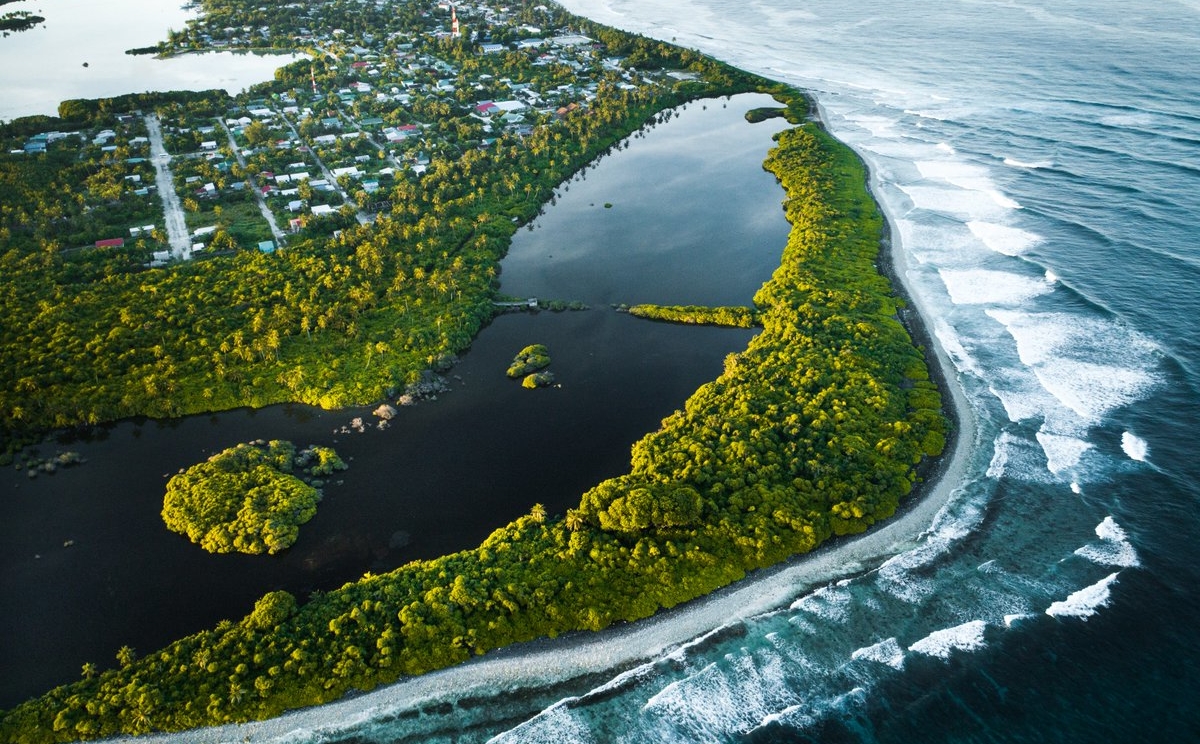Malé, Maldives – Parliament of Maldives has passed Climate Emergency bill, with the votes of 70 members, with the target for Maldives to become a carbon neutral country by 2030.
The Climate Change bill which was first introduced to the Parliament floor by the government, was changed by the Parliament’s Environment and Climate Change Committee, to Climate Emergency Bill after considering the current situation of the Maldives.
In addition to this, a more goal oriented measurable ways to achieving net-zero carbon emissions was also included in the bill as the current policies did not have such legal frameworks.
The new bills passed by the parliament also stipulates the Presidents Office to appoint a Special Envoy for Climate Change who would be representing Maldives in the climate diplomacy, planning and budgeting for projects involving climate change, and strengthening the bonds between other countries and Maldives in the environmental issues.
The bill also stipulates to finding the most suitable way to manage the funds Maldives receives for the management of climate change. It was proposed that a specific committee is to be made to manage such funds so that more transparent and effective fund management can be carried out.
This comes while the World Bank’s Directors approved a $107.4 million project to help Maldives accelerate its transition to renewable energy and support sustainable recovery.
The project is planned to support training of staff at the relevant authorities and utility companies. It will also explore the potential of other renewable energy sources like wind and hydrogen, as well as new technologies such as EV charging stations and vehicle-to-grid technologies.
Maldives has also been preparing to build the worlds largest floating solar power system with assistance from the World Bank. A 36 megawatt floating solar PV hybrid system is to be built to power the greater Male’ region,
Under the same USD 313 Million project, various islands in the country are planned to be powered by offshore solar panels capable of generating 11 megawatts.
Renewable energy, and emission reduction efforts have increased in the Maldives as of late, with companies such Bank of Maldives (BML), encouraging such projects among residents with their Islamic branch introducing Green Financing options for individuals and businesses seeking to fund environment friendly projects such as solar power generation or investments in energy efficient products.
Environment Minister Dr. Hussain Rasheed revealed, at the end of last December that he has submitted Maldives’ “most ambitious” Nationally Determined Contribution (NDC), that aims reduce emissions by 26% and to reach Net Zero Emissions by 2030 on the condition that financial and technology support is received.





